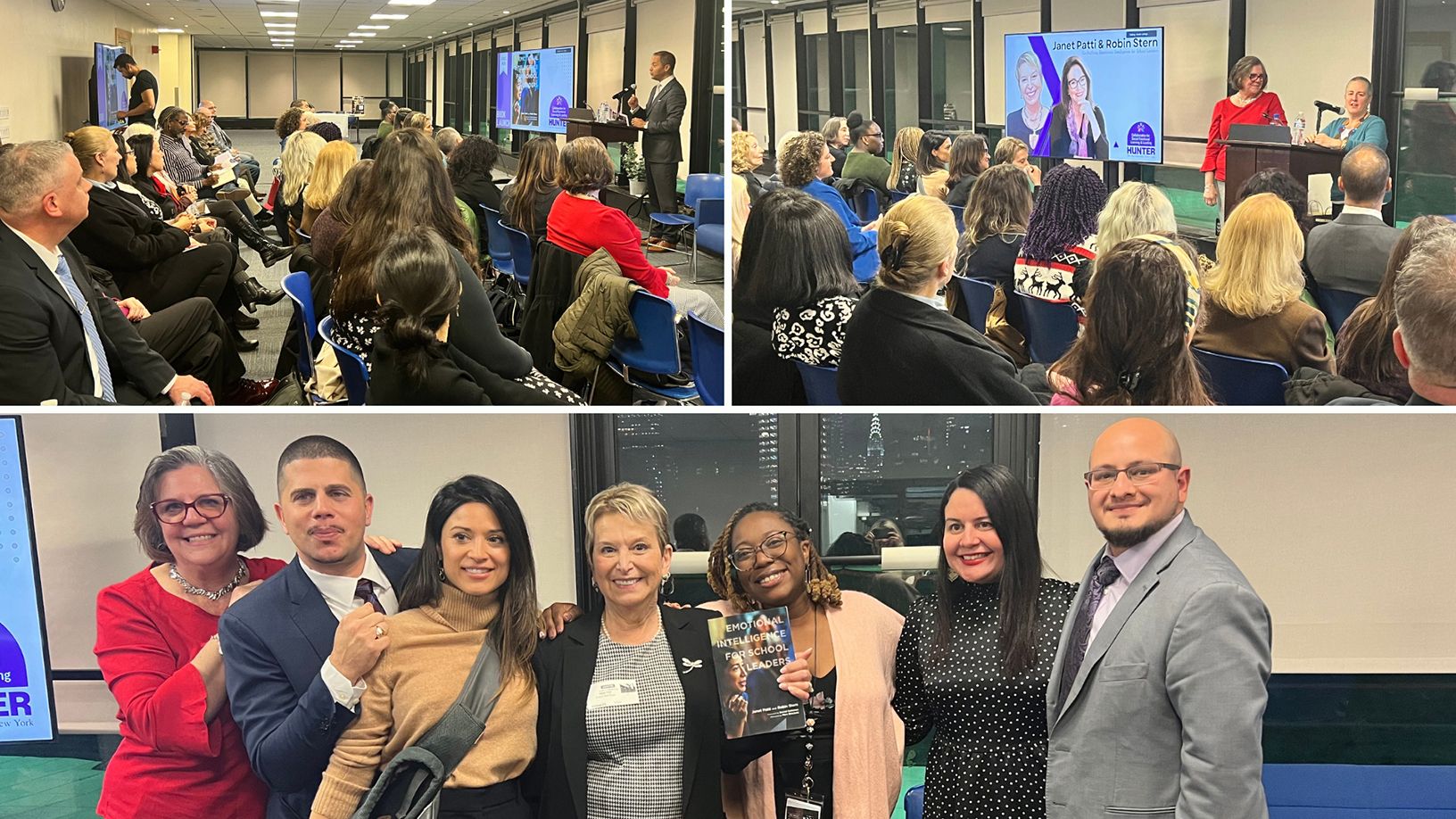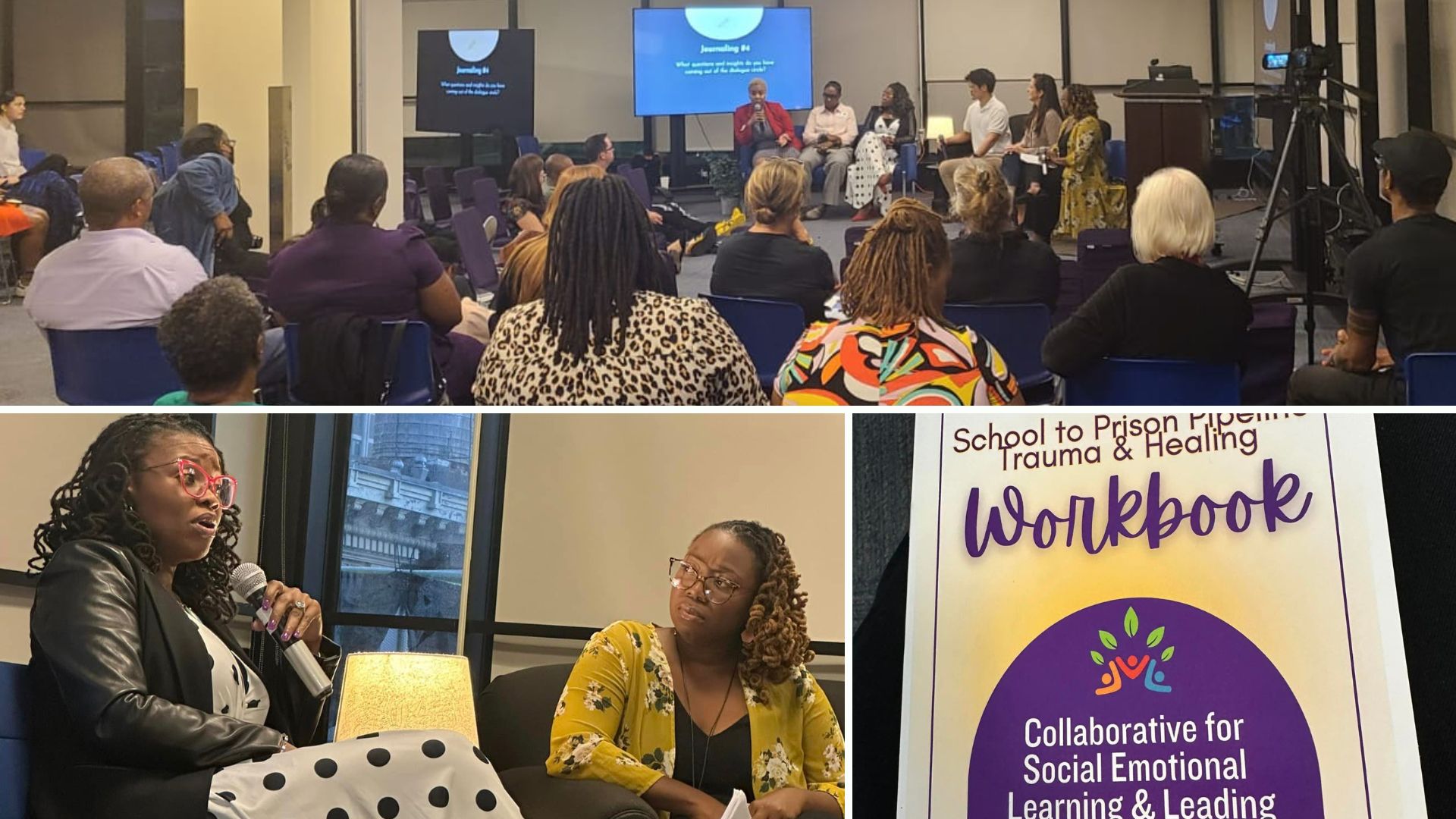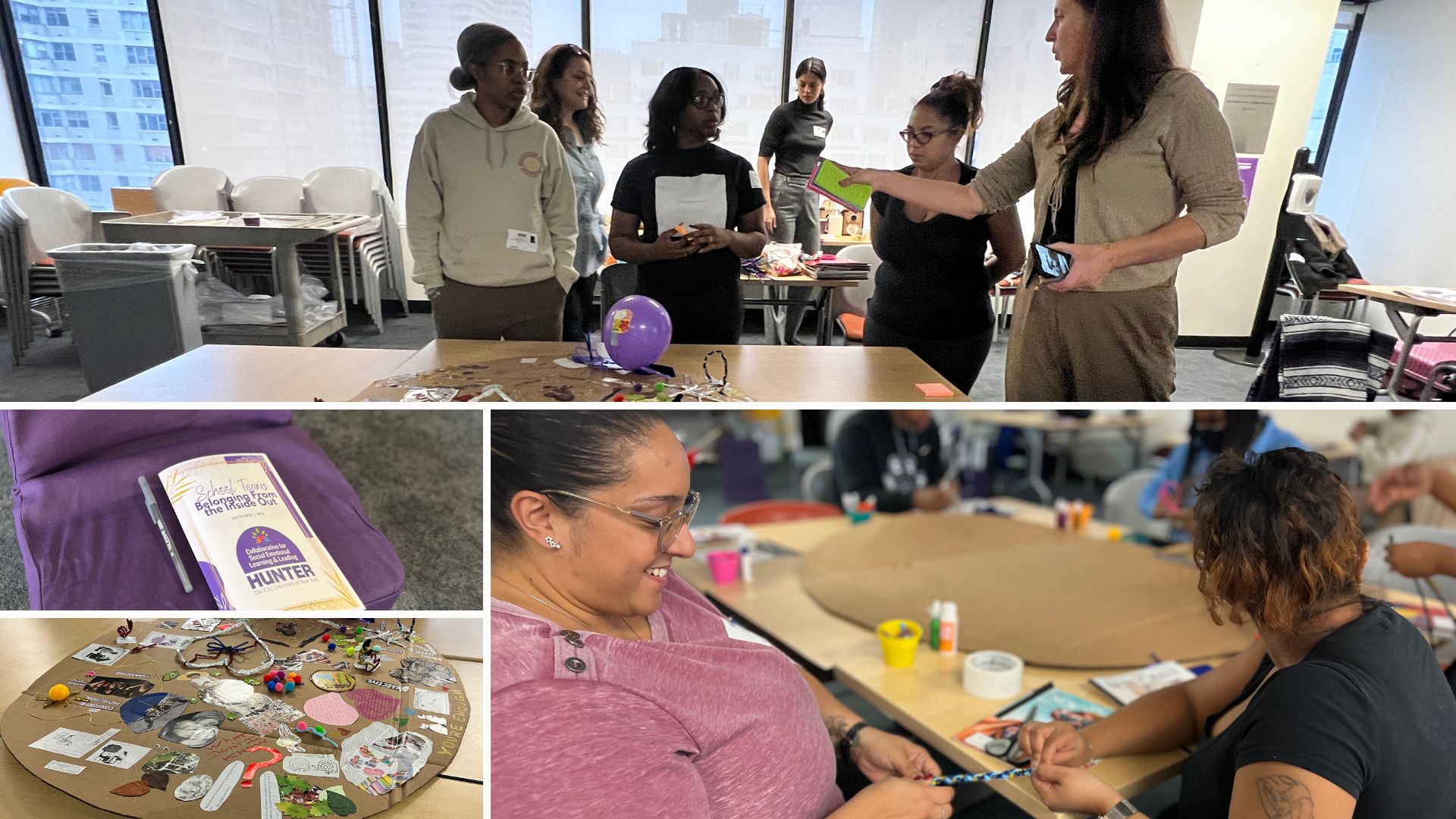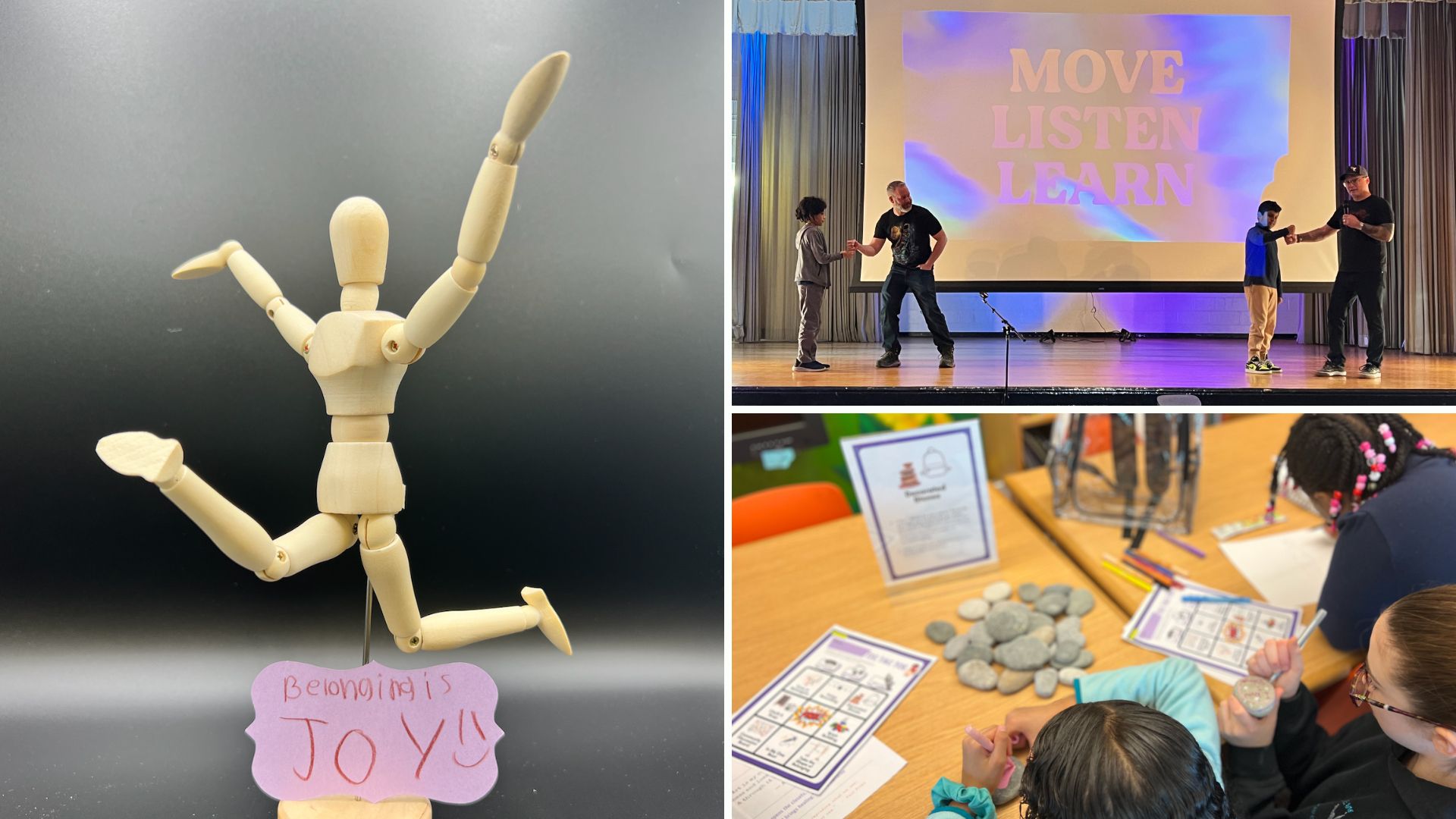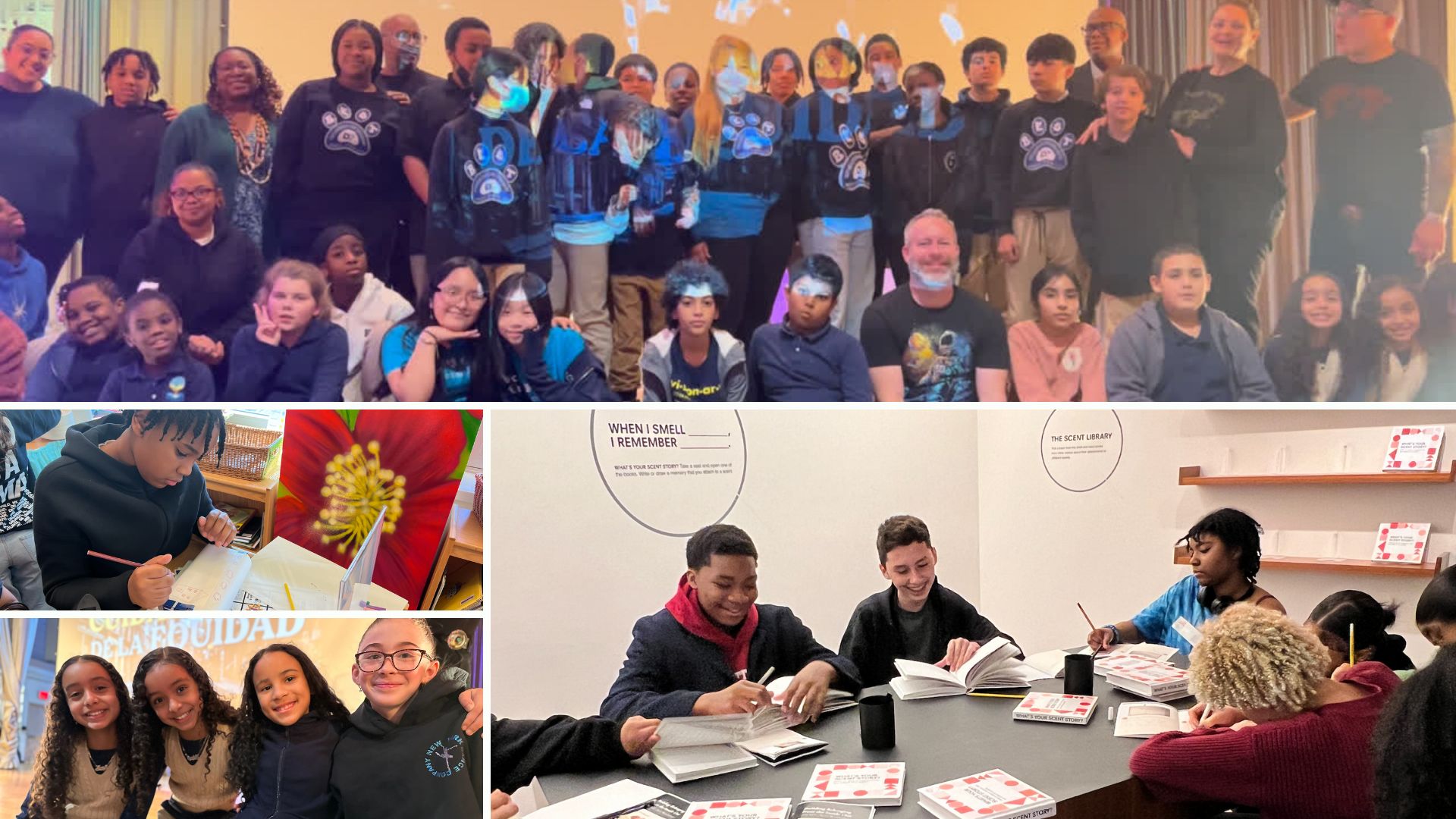Collaborative for Social Emotional Learning and Leading (C-SELL)
At the Collaborative for Social Emotional Learning and Leading at Hunter College (C-SELL), we believe the wisdom of being fully human lies in our individual and collective well-being. We are guided by the Zulu proverb of Ubuntu in Africa which is to say that “I am who I am because of who we are.” This embodies a sense of belonging and reminds us that we are all connected in our shared humanity.
Our mission is to help school systems create agents of change at every level of the system, from leader to student, who work together to co-create and transform school cultures into places of belonging where positive school-wide outcomes intersect with individual well-being, collective well-being, and equity.
We work to inform and transform how we traditionally think about and practice social-emotional learning (SEL). We are a think tank for exploring relationships and possibilities.
Ultimately, the Collaborative for Social Emotional Learning and Leading (C-SELL) transforms the way young people experience school.
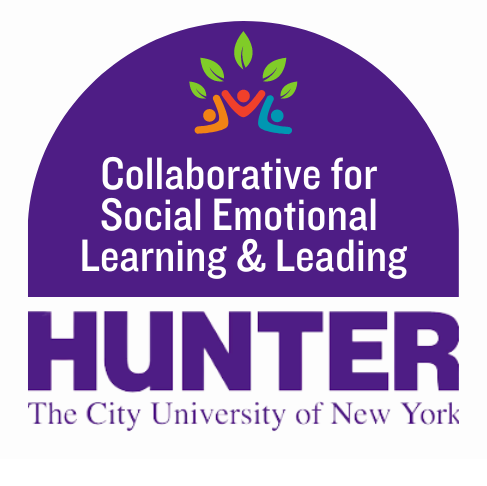
About Us
Vision and Mission
Our vision is a world where all schools are containers of Ubuntu– a place where individual and collective self-actualization meet.
Ubuntu speaks of the very essence of being human… It is to say, “My humanity is caught up, is inextricably bound up, in yours.” We belong in a bundle of life. We say, “A person is a person through other persons.” –Archbishop Desmond Tutu
Our mission is to help school systems create agents of change at every level of the system, from leader to student, who work together to co-create and transform school cultures into places of belonging where positive school-wide outcomes intersect with individual well-being, collective well-being, and equity.
We do this by providing innovative certification programs, models for change, embodied leadership coaching, and teaming to build staff and student agency so that social-emotional learning (SEL) becomes the DNA of a school with authenticity and sustainability.
We use a whole-school approach to address complexities and center youth voices as agents of change. We look inward to build capacity and extend outwards to build community. In our work, we use an embodied awareness-based method for changing systems and embodied intelligence to elevate consciousness, strengthen teaming, and co-create toward systems change together. In our interconnectedness, we build affirming places of belonging that our minds, bodies and hearts desire and deserve.
Our Core Beliefs Around Social-Emotional Learning (SEL)
Our students bring their funds of knowledge and community cultural wealth with them to the classroom, hallways, cafeteria and playground. Culturally affirming social-emotional learning (SEL) honors that collective wisdom.
It’s important to name how our beliefs set us apart from the mainstream, we believe that:
- Social-emotional learning (SEL) is not a commodity. It’s not something you can buy off, trade off, check off a list, and assume social-emotional learning (SEL) is taken ahold within the school. Resourcing ourselves is essential, but let us not forget that the real value of social-emotional learning (SEL) lives in relationships — relationship with self, others, and the larger system.
- Social-emotional learning (SEL) is not fixed or linear. It is not something that you learn about once. Social-emotional learning (SEL) is about continuous learning and even unlearning patterns of feeling, thinking, behaving and relating. It is fluid and responsive to change and the needs of a community.
- Social-emotional learning (SEL) is not an interventionist approach to “fix” students. It is supportive, not punitive. Our students are not broken. SEL is not something to be done to students; social-emotional learning (SEL) is about working with students to strengthen the human bonds that lift us up as a community. It is a transformative shift in a new way of being and connecting. It is asset-based not deficit focused. It is affirming, not controlling.
- Lastly, social-emotional learning (SEL) is not simply a curricular supplement or a single activity within the school day. It lives beyond the first period. It is woven into the full school experience because all learning is social and emotional.
In a healthy environment, social-emotional learning (SEL) is the DNA of a school.
In the same way that DNA is like a recipe that holds the instructions for telling our bodies how to develop and function, social-emotional learning (SEL) holds the instructions for how our systems can flourish and thrive. It is the molecular nature of how our young people are meant to experience school.
Why We Center on Belonging
“What does it mean to be human? How do we want to live? Who will we be to each other?” –Krista Tippett
According to the Center for Disease Control (CDC)’s National Youth Risk Behavior Survey (2021), a total of 61% of high school students reported experiencing a feeling of school connectedness, which was assessed by their agreement or strong agreement with the statement about feeling close to people at school. School connectedness is the affirmation that “you see me” and “I matter here.” It is the seed of school belonging. We center on belonging because it is at the heart of social-emotional learning and our mission at the Collaborative for Social Emotional Learning and Leading (C-SELL). Belonging fosters a joyful and inclusive environment. In collaboration with adults and students at schools, we explore the nuances of belonging working from the inside out, and share our own stories of belonging to self, in community, and within a system.
Questions that we explore together include:
- What personal experiences define belonging for me?
- Where do I feel a strong sense of belonging (neighborhood, home, school, community group, etc)?
- When do I feel safe enough to belong?
- How does my identity (culture, background, language spoken, race, ethnicity, sexuality, and abilities) influence my sense of belonging?
- What barriers have kept me from feeling that I belong?
- When was belonging most painfully interrupted for me?
- What does my school lose when I cannot fully be myself?
- Can we really create belonging for people on the margins when we have marginalized parts of ourselves that do not belong?
- What responsibility do I have as an individual in creating a sense of belonging for myself and each other?
“I dreamed about a culture of belonging. I still dream that dream. I contemplate what our lives would be like if we knew how to cultivate awareness, to live mindfully, peacefully; if we learned habits of being that would bring us closer together, that would help us build a beloved community.” –bell hooks
The Experience
Archbishop Desmond Tutu reminds us of our interconnectedness. In his short essay, “Ubuntu: On the Nature of Human Community,” Tutu writes, “Ubuntu is the essence of being human. It speaks of how my humanity is caught up and bound up inextricably with yours. It says, not as Descartes did, ‘I think, therefore I am’ but rather, ‘I am because I belong’.”
So, how can we structure environments to support every student’s sense of belonging? In order to have a school culture or climate grounded in Ubuntu, we believe that two things must coexist– honoring cultural identity and amplifying the voices of youth, particularly those on the margins. This yields true belonging from the inside out.
What does the spirit of Ubuntu look like at C-SELL?
- Co-creation of spaces for community healing around belonging and equity
- Ability to process and interact with others in a way that promotes equity and belonging
What does the spirit of Ubuntu sound like at C-SELL?
- Surfacing the voices on the margins in dialogue and deep, embodied listening
- Unpacking personal narratives that live both cognitively, emotionally, and physiologically in the body
What does the spirit of Ubuntu feel like at C-SELL?
- Emotionally safe and courageous spaces where the unpacking of suffering and root equity challenges are allowed to surface.
- Fluency in embodied awareness and conscious communication
- Empowerment through teaming and collective action in co-designing solutions to complex equity and belonging challenges
Areas of Work
Public Events
We offer innovative events and immersive experiences that invite thought leaders, educators, and community members who inform, collaborate, support, contribute, and participate in the Collaborative for Social Emotional Learning and Leading’s efforts of belonging. Events are free and open to the public. All are welcome.
School Team Partnerships and Leadership Coaching
We offer a human-centered approach to systems-level inquiry that situates social-emotional learning (SEL) around an equity challenge that interrupts belonging. In a yearlong fellowship of inquiry and intergenerational team building, we work with a cohort of school teams consisting of school leaders, staff across diverse titles, and students to address school-specific needs and goals.
We are proud to partner with the following organizations as we advance equity and social-emotional learning (SEL) in K through 12 schools and districts:
Partnership Recap Video
Social and Emotional Learning (SEL) Faculty and Staff Fellowship
Through collaborative learning experiences, reflective practices, and exchange of innovative strategies, the Hunter College Social and Emotional Learning (SEL) Fellowship for college faculty and staff seeks to provide a supportive community for professional growth and equip educators with the tools needed to support belonging from the inside out across the School of Education.
Up to six fellows will be selected for this program, which will run from June 2026 to May 2027. Fellows will receive a stipend for year-long participation.
Eligibility
- A desire to grow as a leader by transforming from the inside out
- Willingness to expand listening skills and deepen relational trust
- Commitment to fostering a culture of belonging using HEART-centered leadership skills
Commitment
- Mandatory Kickoff: In-person 3-day summer retreat (June 9, 2026 to June 11, 2026)
Ongoing Engagement
- Summer reading and reflective writing.
- Monthly virtual gatherings throughout the 2026 to 2027 academic year
- 1-day winter retreat for continued learning and connection (January)
What you create
- Revision of Syllabus, Policy/ Handbooks, and/or Professional Development/ training materials; or
- Advocacy for and creation of belonging-affirming spaces (e.g. facilities and/or relational)
What you receive
- Mentoring and one-on-one guidance from an experienced alumna matched to you for the year
- $3,000 stipend per person
How to Apply
Submit the Social Emotional Learning (SEL) Faculty and Staff Fellowship application by Friday, February 27, 2026 to apply. Applicants will be notified of decisions by Friday, March 27, 2026.
Application Questions
- What most draws you toward being a SEL Fellow?
- What do you hope to learn and grow into, as part of this experience?
- How do you hope to impact the community you serve, and what concrete outcome of this influence do you plan to modify or develop during the summer months, such as a course syllabus or training materials? Feel free to expand the list of ideas and share a proposal that is meaningful to you.
2025 to 2026 Cohort
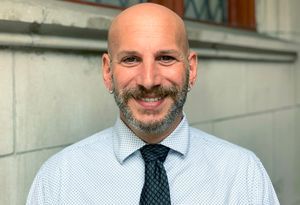
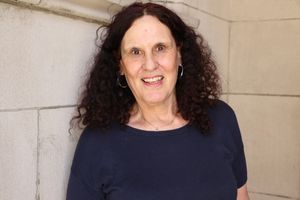
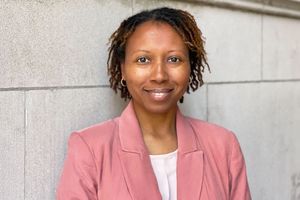
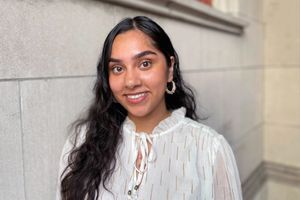
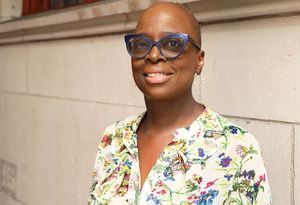
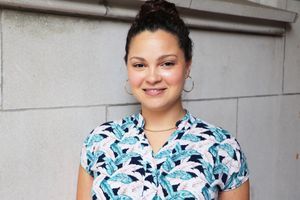
- Morgan Bondy
- Kenny Hirschmann
- Elizabeth Klein
- Tara Kirton
- Veshno Kumar
- Valerie Lyons
- Nora McCormick
- Lauren McCoy
- Nell Panero
- Kathleen Smith
2024 to 2025 Cohort
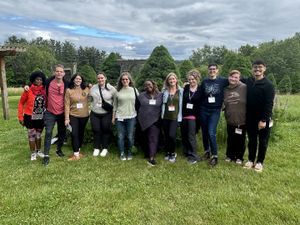
Contact Us
Faculty and Staff
- Jeneca Parker-Tongue, Founding Director
- Julianne Hallett, Program Manager
Event Recordings
The Art of Social and Emotional Learning (SEL): Creativity and Connection – Launch Event – Keynote Speaker Dr. Meredeth Hite Estevez on March 4, 2024
In partnership with New York City Public Schools Office of Safety and Youth Development and Office of Arts and Special Projects, the Hunter College Collaborative for Social Emotional Learning and Leading (C-SELL) celebrated Social and Emotional Learning (SEL) Week. Our theme for 2024 was The Art of Social and Emotional Learning (SEL): Creativity and Connection. Keynote Speaker Dr. Meredeth Hite Estevez discussed how creativity connects us with self and others and how true belonging is cultivated by being who we already are. As a creative catalyst and oboist, Dr. Estevez has performed with top orchestras in the US and abroad, including The Metropolitan Opera Orchestra and Philly Pops, and is currently the English hornist/Second Oboe of the Chamber Orchestra of NY. Her award-winning podcast, Artists for Joy, was in the top 250 podcasts in the US in the Self-Help category in January 2023 and is currently top 1.5% of podcasts worldwide. From workshops to performances to podcasts, she crafts creative well-being support for anyone seeking more joy and less overwhelm. Dr. Estevez believes that “our biggest impact will be born out of creativity.”
Featuring
- Dr. Merideth Hite Estevez, Founder and Director of Artists for Joy
- Mychal Mills, Co-Founder of Konscious Youth Development & Service
Resources
The Right to Read and The Role of Social and Emotional Learning (SEL) in Developing Reading Skills Recording on January 16, 2024 and January 18, 2024
The Right to Read film shares the stories of an National Association for the Advancement of Colored People (NAACP) activist, a teacher, and two American families who fight to provide our youngest generation with the most foundational indicator of life-long success: the ability to read. Following the screening, Dr. Elias discussed the crucial role of social and emotional learning (SEL) in developing reading skills among students, and he provided practical strategies for activating social and emotional learning (SEL) skills for school and life success.
Featuring
- The Right to Read, a film by Jenny Mackenzie and executive produced by Levar Burton
- Dr. Maurice J. Elias, Director of Rutgers Social-Emotional and Character Development Lab
Resources
- The Right to Read Project
- Dr. Maurice Elias’ Presentation
- Edutopia Article: Role of SEL in Developing Reading Skills by Dr. Elias
- Sold a Story Podcast from American Public Media and the Sold a Story Discussion Guide
- The Reading League
- Decoding Dyslexia
- The International Dyslexia Association
Cultural Belonging Series: Session 4 Recording on December 19, 2023
Cultivating Narratives about Family Migrations and Exploring an Antiracist Framework for Radical Care
“What do immigrant students need? It isn’t just English Language Learning (ELL). You have to address the social-emotional needs, and immigrant-origin kids have a number of them that a lot of educators are oblivious to.” -Dr. Carola Suárez-Orozco
Featuring
- Dr. Carola Suárez-Orozco, Director of the Immigration Initiative at Harvard University
- Dr. Rosa Rivera-McCutchen, from Hunter College, author of Radical Care: Leading for Justice in Urban Schools
Cultural Belonging Series: Session 3 Recording on December 12, 2023
Building Self-Awareness and Understanding Perspective
“What do immigrant students need? It isn’t just English Language Learning (ELL). You have to address the social-emotional needs, and immigrant-origin kids have a number of them that a lot of educators are oblivious to.” -Dr. Carola Suárez-Orozco
Featuring
- Sarah Suatoni, Managing Partner of Awareness in Motion
- David Yuan, Managing Partner of Awareness in Motion
Additional Resources
Cultural Belonging Series: Session 2 Recording on December 5, 2023
Importance of Cultural Belonging and Re-imagining Migration
“What do immigrant students need? It isn’t just English Language Learning (ELL). You have to address the social-emotional needs, and immigrant-origin kids have a number of them that a lot of educators are oblivious to.” -Dr. Carola Suárez-Orozco
Featuring
- Dr. Gess LeBlanc from Hunter College, author of Who’s In My Classroom? Building Developmentally and Culturally Responsive School Communities
- Dr. Carola Suárez-Orozco, Director of the Immigration Initiative at Harvard University
Additional Resources
- Dr. Gess LeBlanc’s Book: Who’s In My Classroom?: Building Developmentally and Culturally Responsive School Communities
- Slide Deck presented by Dr. Gess LeBlanc
- Key Concepts presented by Dr. Carola Suarez-Orozco
Cultural Belonging Series: Session 1 Recording on November 28, 2023
Building Contextual Background and Listening to Voices from the Field
“What do immigrant students need? It isn’t just English Language Learning (ELL). You have to address the social-emotional needs, and immigrant-origin kids have a number of them that a lot of educators are oblivious to.” -Dr. Carola Suárez-Orozco
Featuring
- Principal Lisa C. Lin of I.S. 235, Academy for New Americans in Astoria, Queens
- Principal Luis Quan of P.S. 126 in the Bronx
- Ashley Busone Rodríguez, CUNY Initiative on Immigration (CUNY-IIE)
Additional Resources


